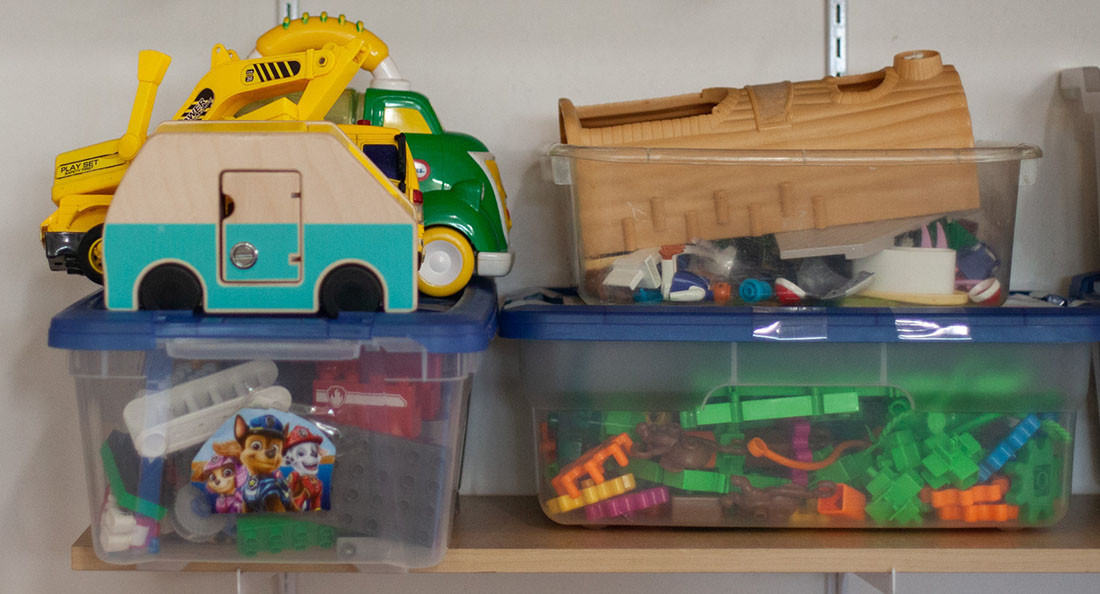Challenges for daycares
The UWSA Day Care fills a special role for students
Behind Richardson College for the Environment sits a small orange building full of much smaller people. Atop three bubble-like windows, the building reads “University of Winnipeg Students’ Association Day Care.”
Constructed in 2009, the UWSA Day Care is an on-campus daycare facility that cares for just shy of 100 children. The daycare devotes 50 per cent of its spaces to students’ children, 25 per cent to staff members’ kids and 25 per cent to downtown residents.
“Without the daycare, students can’t go to school, and faculty couldn’t make it to class,” Ioulia Berdnikova says. She’s served as the UWSA daycare’s executive director for the past nine years.
For many students who are parents or guardians of young children, access to on-campus childcare can make or break their decisions to pursue or continue degrees.
This was the case for Kim Paz when she returned to the U of W to pursue an education degree. “I got accepted into the education program, and I had applied everywhere for daycares, and I couldn’t get any spots,” she says.
Just one day before class started, the UWSA Day Care was able to take in her two children. However, if Paz’s children weren’t accepted, it might have prevented her from continuing her education.
Paz has since completed her degree and returned to the university to obtain a post-baccalaureate in education. She also sits on the daycare’s board.
“It’s so important to realize the role of daycares, especially one associated with a university,” Paz says. “In order for me to make my life and my family’s life better, I need to go back to school. If I have children, I can get in (to university), but without childcare, what are the chances of me bettering myself and the lives of my children?”
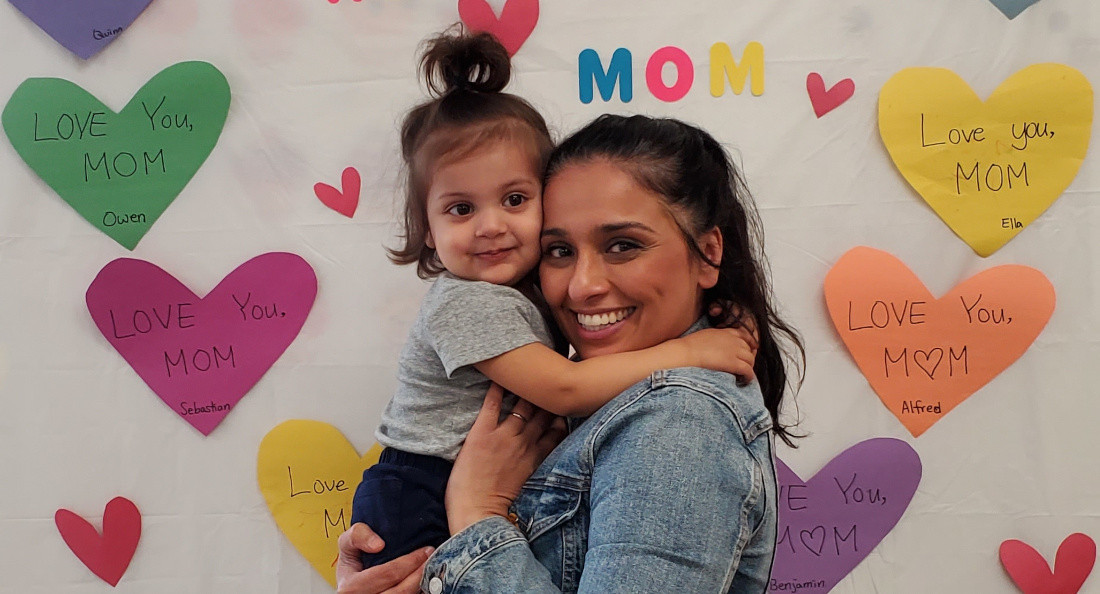
Supplied photo - Kim Paz, an education student and mother, says she likely wouldn’t have been able to return to school without an on-campus daycare.
The average U of W undergraduate student is 23 years old, according to data from 2019, which is two years older than the average at other Canadian universities. The U of W also offers online Professional, Applied and Continuing Education program courses and education opportunities through Merchants Corner – both of which often attract older students who may have children and require on-site daycare services.
Berdnikova says childcare is an especially valuable resource for many international students. “Some international-student families include one parent visiting Canada on an educational visa, while another parent is on a working visa,” she says, “so they completely rely on one parent going to school and the other parent working to financially support the family.”
Finding a daycare, however, is another story. “We have about 400 people on the waitlist,” Bernikova says. “There is a daycare, but there are no spaces. It is really a tragic situation.”
Benikova and Paz both believe that the U of W should prioritize expanding the UWSA Day Care. “You have thousands of children waiting for care, so, as a part of the university, I understand the need,” Paz says.
According to the Winnipeg Free Press, few of the 1,127 licensed daycare facilities listed on the Manitoba Child Care Search webpage have vacancies, and wait lists have exploded, increasing by 10 per cent since the Province introduced regulated $10 daily childcare fees in April.
Space is only part of the problem
Manitoba is also experiencing a shortage of daycare professionals or early childhood educators (ECEs). In August, more than 100 ECEs rallied outside the Manitoba legislative building to protest low wages and call for provincial investments into the ECE sector.
The current Progressive Conservative government has promised to open 23,000 new daycare spaces if re-elected and spend $6 million on tuition reimbursements to train new ECEs. The PCs have also pledged to create a monthly subsidy for people looking to access childcare.
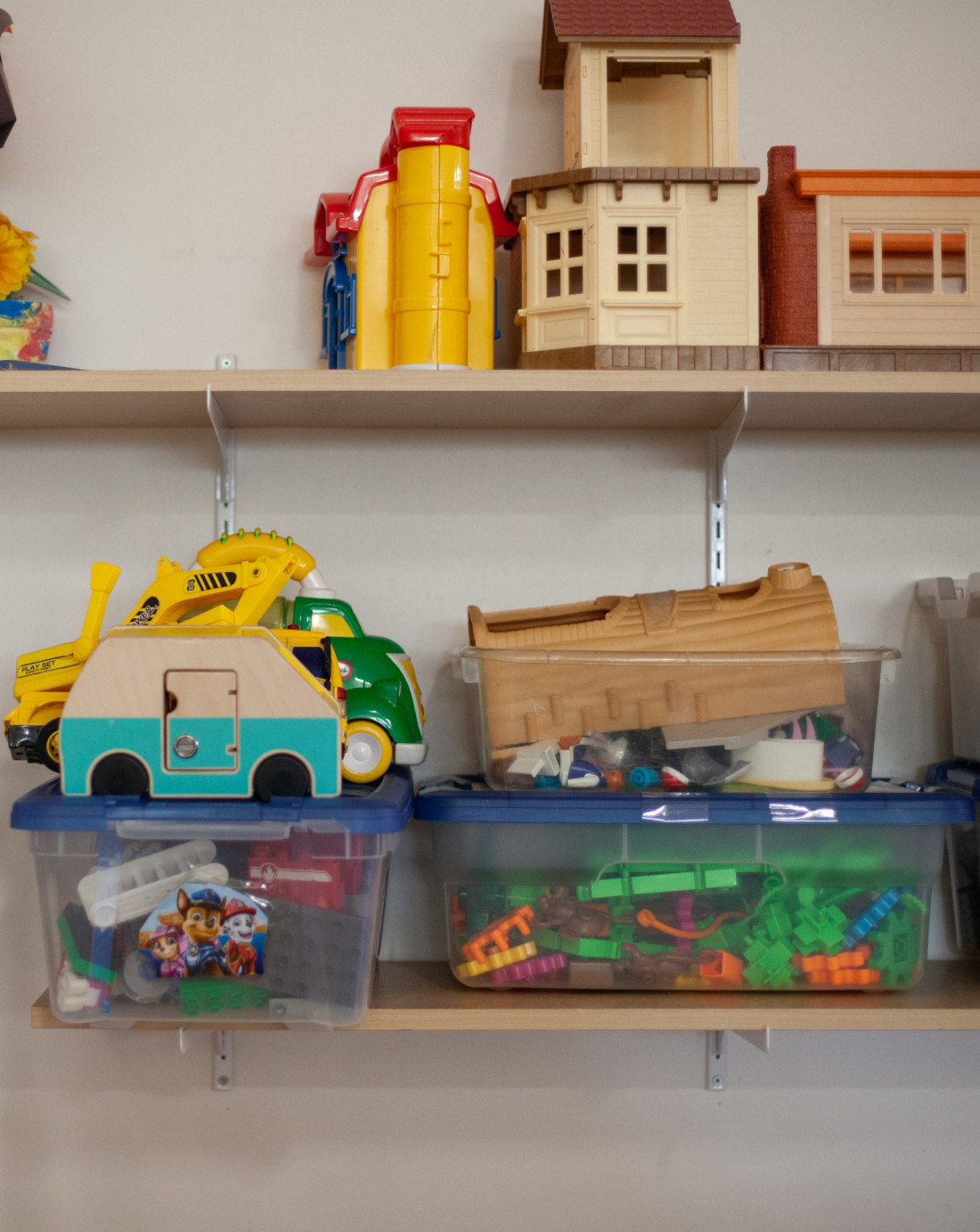
There are currently thousands of families waitlisted for childcare in Manitoba.
Nello Altomare, MLA for Transcona and the provincial NDP’s education critic, says that while creating more daycare spaces and training additional staff are valuable steps, ECE wages are too low.
“We have to increase the wages for the childcare workforce first. We have to make it attractive,” he says.
The provincial government has frozen funding to early childhood education since 2016, which Altomare says has caused the sector’s current issues.
“The biggest weakness is the underfunding that’s been going on since 2016,” Altomare says. “If you are being paid $16 an hour for a job that is really important and critical to early childhood development, that’s not very attractive … We can build more spaces, but that doesn’t mean anything if we can’t staff them.”
Bernikova says the UWSA Day Care, however, has been largely immune to staff shortages. “We don’t have a shortage of staff,” she says. “We treat our staff very well.”
While Bernikova says that UWSA Day Care pays better than most daycares, she agrees that workers in the field need to be paid more.
“The way that they treat the staff, the amount of money they pay to the staff, it’s a very low-pay job,” Bernikova says. “The wage has increased in the past 10 years, but it has not kept up with inflation.”
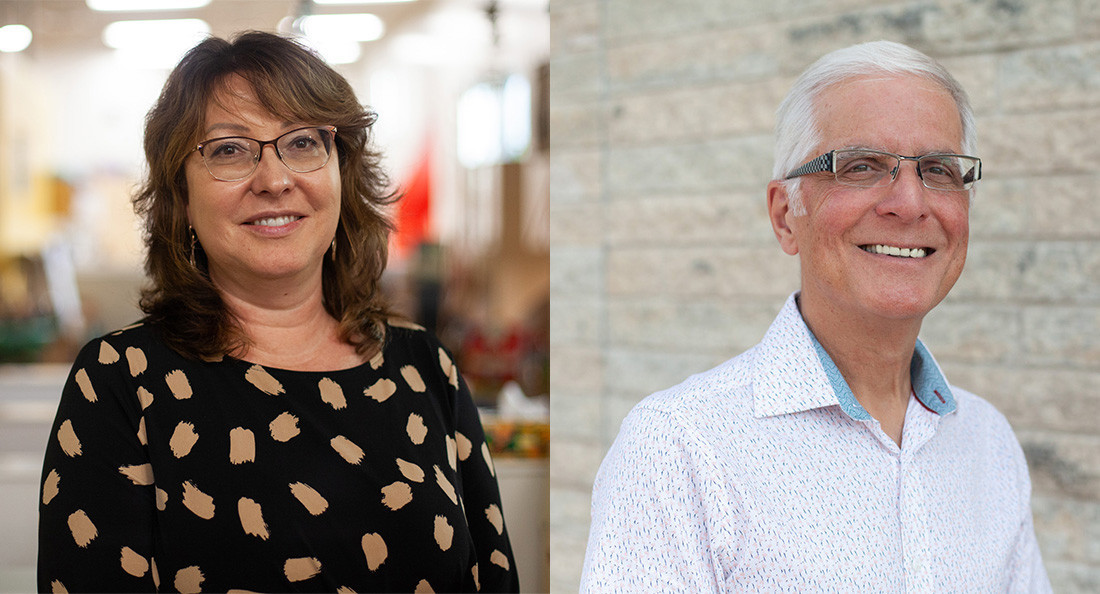
Left: Ioulia Berdnikova, UWSA Day Care executive director
Right: Nello Altomare, MLA for Transcona and the provincial NDP’s education critic
Daycare and students
According to former UWSA president Peyton Veitch, the UWSA Day Care’s ability to maintain equitable pay for staff was largely due to the connection to the students union. Veitch was involved in the campus daycare’s expansion in 2014, and he helped the UWSA raise wages for staff members.
“Having that control allows (the UWSA) to do things that, otherwise, they could only have advocated for, like raising wages for the workforce, like ensuring that the staff ratios were better than the minimum provincial requirements,” Veitch says.
Veitch says the UWSA Day Care presents an opportunity for students to actively advocate for equitability on campus.
“It gave us the opportunity to advocate for universal affordable childcare in general, because you could say ‘we have this service on campus, and we know the value it has’ and say that everyone in Manitoba should have this,” Veitch says.
Paz says her involvement with the daycare has shown her how crucial a resource it is for a functioning university.
“When I first graduated high school, this was not a space I cared about. Kids were the furthest thing from my mind,” she says. “Now, with children, I realize that to change a community
and a nation, it begins at this level.”
_-_inline_1100_594_90.jpg)
“(At daycare) you get to be a part of the world. You get to be a part of diversity at a young age.” -Nello Altomare
The importance of early childhood education
While some parents and guardians may turn to grandparents, relatives and friends for childcare, both Altomare and Paz say daycares are valuable in their own right, especially since they help children socialize.
At daycare, “you get to be a part of the world. You get to be a part of diversity at a young age,” Altomare says. “Kids don’t care. Kids will make friends with anybody, and the best tool of socialization we have is being together, and the best place to do that is in an environment that is caring, is nurturing and loving, just like an early childhood education centre is.”
Paz echoes that same sentiment and describes how daycare allows young children to meet and learn about people from diverse cultures. “There is so much value, when you walk through the daycare and look at the individuals that go here. We come from all different groups,” she says. “The sharing of culture and understanding starts as early as six months old.”
Paz also mentions that the UWSA Day Care gives children access to speech-pathology services, as well as field trips to the zoo and forest schools. She says the campus daycare gave her and her children a space to grow and develop as people, and she wishes more families had the same opportunity.
“This is the beginning, and it is an amazing beginning,” Paz says. “I just want to allow it to be experienced by more people.”
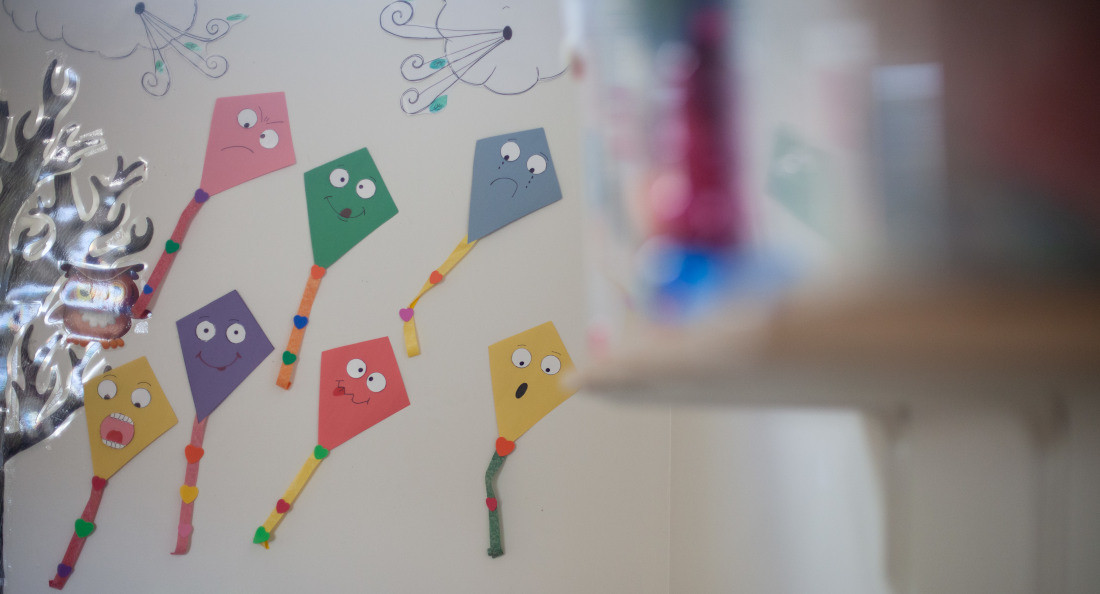
“We all come from different groups. The sharing of culture and understanding start as early as six months old.” - Kim Paz
Published in Volume 78, Number 02 of The Uniter (September 14, 2023)

